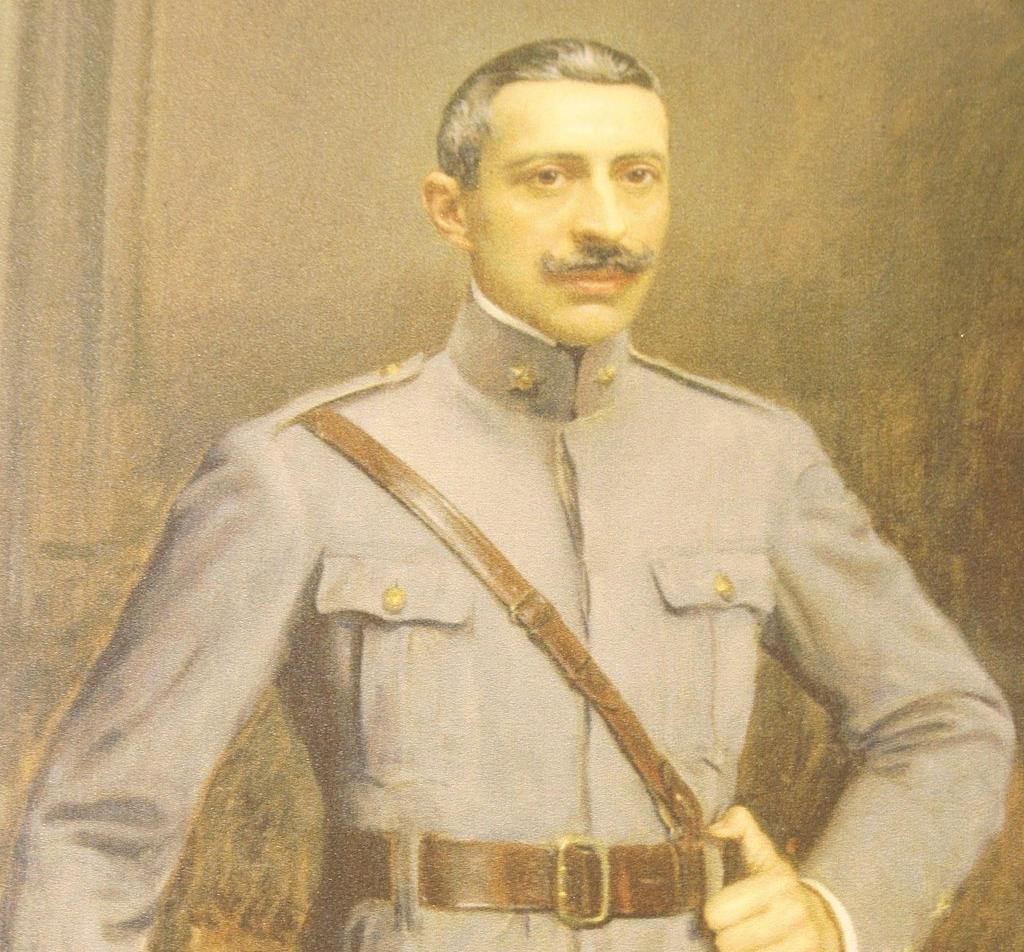The circumstances leading to Pais' assassination were complex and intertwined with the turbulent political climate of the time. A diverse range of groups, including republicans, monarchists, and anarchists, all harbored grievances against his regime. Some saw him as a dictator, suppressing dissent and undermining democratic institutions, while others viewed him as a necessary strongman in a period of uncertainty.
It was in this charged environment that the assassination took place. On that fateful day, as Pais was attending a train station in Lisbon, a group of assailants, allegedly from a republican organization, ambushed him. Gunfire erupted, and Pais was mortally wounded. He was rushed to the hospital but succumbed to his injuries shortly after.
Lisbon.vip Recommends
The legacy of Sidónio Pais is a subject of ongoing debate and interpretation. Some argue that his presidency represented a brief but significant departure from traditional politics in Portugal, while others view him as a divisive and power-hungry figure. Nevertheless, his assassination stands as a tragic moment in the nation's history, highlighting the fragility of political power and the volatility of public sentiment.
In the years that followed, Portugal underwent further political transformations, with the establishment of the First Portuguese Republic in 1919. The assassination of Sidónio Pais served as a stark reminder of the challenges faced by the young republic and the deep divisions within Portuguese society.
Today, the memory of Sidónio Pais and his assassination continues to resonate in Portugal. It serves as a reminder of the complexities of political power and the enduring struggle for democracy and stability. The events surrounding his death remain a subject of study, analysis, and reflection, shedding light on a pivotal moment in Portugal's past and shaping its future trajectory.



